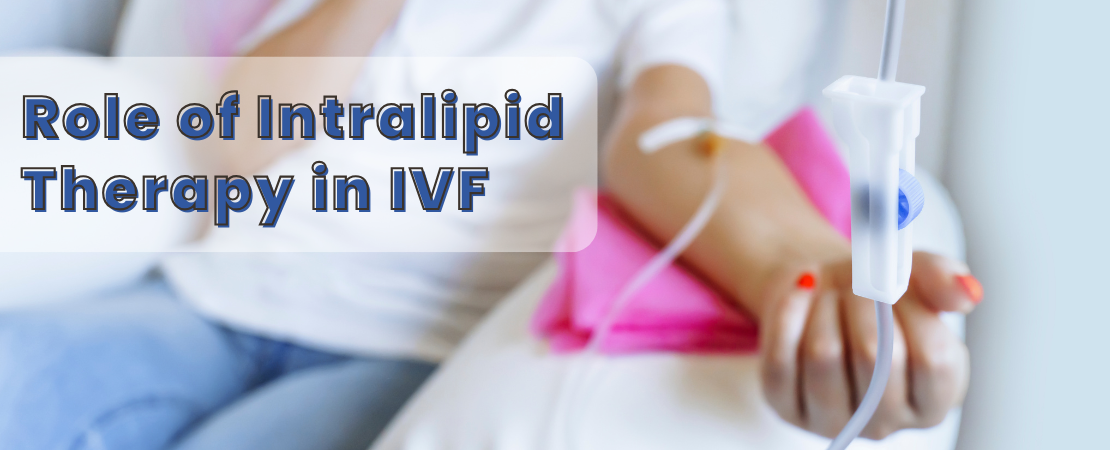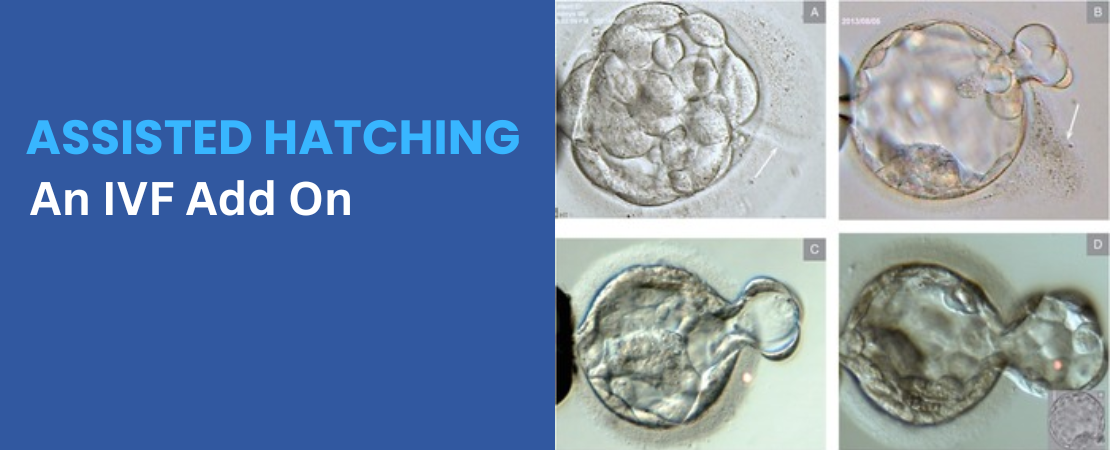
Mechanism of Action for Intralipid Therapy in Immune Modulation in IVF
Intralipid therapy is a fat-based intravenous (IV) infusion composed of soybean oil, egg yolk phospholipids, glycerin, and water. It was originally developed for parenteral nutrition, but its immunomodulatory properties have made it a valuable treatment in reproductive immunology. Intralipids help regulate the immune system, making it more favorable for embryo implantation and pregnancy maintenance. In this article we will explore the role of Intralipid Therapy in IVF.
How Intralipids Modulate the Immune System?
1. Suppression of Overactive Natural Killer (NK) Cells
NK cells are part of the body’s defense system, responsible for attacking harmful invaders. In pregnancy, some NK cell activity is necessary to facilitate implantation and placental development. However, excessively high NK cell activity can attack the developing embryo, leading to implantation failure or miscarriage.
Intralipids in IVF reduce NK cell cytotoxicity by:
- Downregulating NK cell activity, preventing them from attacking the embryo.
- Promoting a shift from cytotoxic (CD56dim) to regulatory (CD56bright) NK cells, which support pregnancy.
2. Balancing Th1/Th2 Cytokine Ratios
The immune system has two types of T-helper (Th) cells:
- Th1 cells (Pro-inflammatory): Release TNF-α and IFN-γ, which can cause embryo rejection if overactive.
- Th2 cells (Anti-inflammatory): Produce IL-4 and IL-10, which promote immune tolerance during pregnancy.
Intralipid therapy plays an vital role in IVF by shifting the immune balance from a Th1-dominant (inflammatory) state to a Th2-dominant (tolerant) state, creating a more receptive uterine environment.
3. Inhibition of Autoimmune Responses
Women with autoimmune disorders (e.g., Hashimoto’s thyroiditis, lupus, antiphospholipid syndrome) often have autoantibodies that can target pregnancy-related tissues. They can benefit from Intralipid Therapy in IVF in following ways:
Intralipids reduce harmful autoimmune activity by:
- Blocking the production of autoantibodies that can attack the placenta.
- Preventing excessive activation of T-cells, which contribute to embryo rejection.
4. Enhancing Endometrial Receptivity
Successful implantation requires a receptive endometrium, but inflammation or immune overactivity can prevent proper embryo attachment.
Intralipids contribute to better blood flow and uterine lining development, increasing the chances of successful implantation.
5. Modulating Dendritic Cells & Regulatory T-Cells (Tregs)
Dendritic cells process foreign substances (such as an embryo) and determine whether the immune system should attack or tolerate them. Regulatory T-cells (Tregs) help maintain immune tolerance during pregnancy.
Using Intralipid Therapy in IVF can help:
- Reduce overactivation of dendritic cells, preventing an unnecessary immune attack.
- Increase Treg activity, which promotes maternal immune acceptance of the embryo.
Mechanisms of Action of Intralipid Therapy in IVF
| Mechanism | Effect on Fertility |
|---|---|
| Suppresses NK cell cytotoxicity | Prevents embryo rejection |
| Balances Th1/Th2 cytokine levels | Reduces inflammation, promotes implantation |
| Inhibits autoimmune responses | Prevents immune attacks on placenta |
| Enhances endometrial receptivity | Improves implantation success |
| Increases Treg activity | Supports immune tolerance of pregnancy |
Conclusion
Use of Intralipid therapy in IVF plays a crucial role in immune modulation for women experiencing recurrent implantation failure (RIF), recurrent pregnancy loss (RPL), or immune-related infertility. By reducing immune overactivity and creating a pregnancy-supportive environment, intralipids improve IVF success rates and help women achieve a healthy pregnancy.
Click Here for more information on intralipid therapy protocols, dosage, or clinical studies?
References:
The Use of Intralipid Infusions in the Prevention of Embryo Implantation Failure

